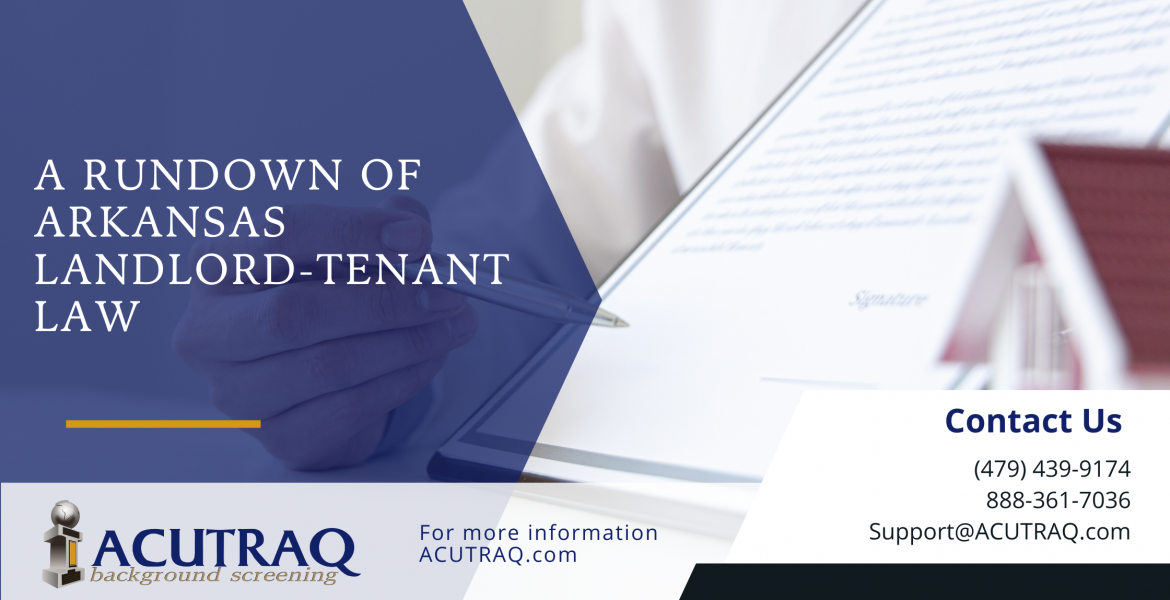The Arkansas Landlord-Tenant Law can be a little tricky to understand, even if you have experience in landlord-tenant law. In order to make sure that both landlords and tenants are treated fairly, it’s important to know all the laws and regulations involved in the process. This article will cover every section of the Arkansas Landlord-Tenant Law in easy-to-understand language so that you’ll know exactly what your rights and responsibilities are if you’re either of these two parties.
What the Landlord-Tenant Law in Arkansas Includes
Before we dive into it, let’s start by outlining what that means: The landlord-tenant law is a set of rules and regulations that determine how landlords and tenants interact with one another and what rights each party has within a rental situation. And, like any set of rules or laws, these can differ depending on where you live.
The Importance of a Lease Agreement
Here are four reasons that landlords must provide their tenants with leases: 1) A lease protects against rent fraud. 2) Leases give both parties clear guidelines on what’s expected. 3) A written lease specifies when a landlord can enter and make repairs. 4) Renting without a written lease leaves you open to paying more in unexpected charges and penalties.
Evictions
If a tenant hasn’t paid rent or has violated their lease agreement, a landlord can evict them. If you’re a landlord in Arkansas, you have to file an eviction notice called unlawful detainer in court. The tenant then has five days to move out or make payment arrangements with you. A landlord who wrongfully evicts their tenants can be liable for up to three months worth of rent and other damages—so it pays to follow proper procedure when evicting someone.
Security Deposits
The landlord can only charge a tenant a maximum of 2 months rent for their security deposit. At no time can they take more than 2 months rent in security deposits. The landlord must return all or part of your security deposit within 60 days after you move out and have cleaned up any damages they have caused to your unit. They will send you an itemized list if they plan on keeping any money from your deposit, and explain what repairs need to be made and why they are charging you for them.
Subleasing
Unless the lease states otherwise, tenants may sublease the unit. However, they must provide written notice to the landlord before they can sublease. If the tenant moves out and the subtenant doesn’t sign a new lease with the landlord, then both tenants are still liable for rent under the original agreement. The terms for subleasing should be included in your rental contract or lease.
Take a look at this new Act by clicking here.
Give us a call!
Give us a call 888.361.7036, visit us on social media, or shoot us an email. ACUTRAQ has over 70 years in combined experience partnering with diverse organizations to safeguard their investments. Background screening is not just another service to us – we help businesses and organizations work smarter and grow faster. Earning the trust of over 12,400 satisfied customers, we help employers, property managers, property owners, community organizations and many others get the crucial information they need to make the right decision. We provide fast, accurate reports to you and your organization – Because We Care.




